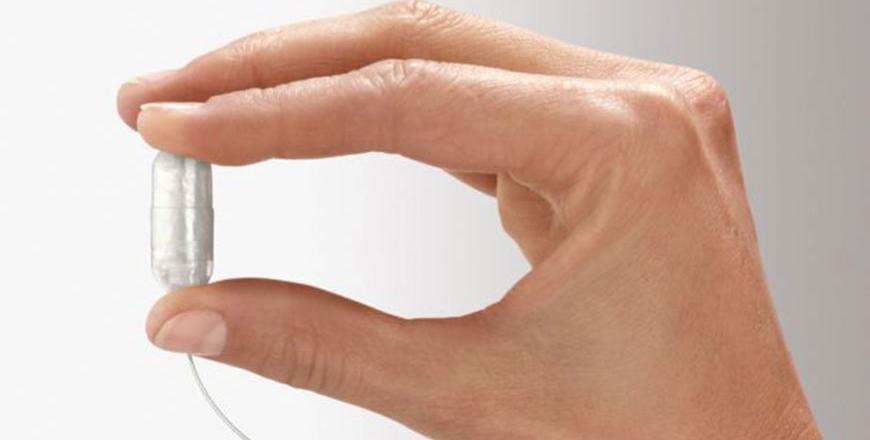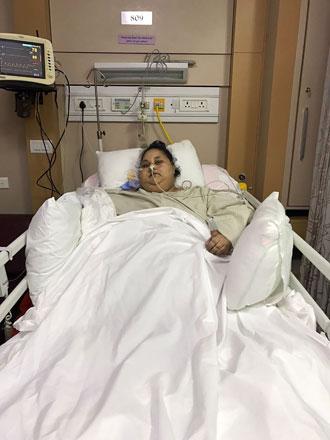You are here
Surgery is best for managing diabetes in heavy people
By AFP - Mar 31,2014 - Last updated at Mar 31,2014
WASHINGTON – When it comes to managing type 2 diabetes in overweight people, stomach-shrinking surgeries are still more effective than trying to shed pounds with pills and lifestyle changes, researchers said Monday.
Three years into a study that compares the various approaches –– medical therapy, gastric bypass and sleeve gastrectomy –– the findings show that the two procedures are still superior at reducing glycemic levels and weight.
The latest results from the largest randomised controlled trial of its kind were published in the New England Journal of Medicine and discussed at the American College of Cardiology annual meeting.
“Both surgical options maintain their supremacy over standard intensive medical therapy at the three-year mark,” said lead investigator Philip Schauer, director of the Bariatric and Metabolic Institute at the Cleveland Clinic.
“There is this notion that if we keep adding medications and pushing patients to lose weight on their own, they will eventually achieve the same type of results as those undergoing surgery, but that wasn’t the case here.”
The research includes 150 people, who were aged 41 to 57 when they began the study. They were all overweight or obese, with uncontrolled diabetes that had persisted for at least eight years. Each was taking at least three diabetes medications.
At the start of the trial, patients had an average blood glucose level of 9.2 per cent.
The goal of achieving glycemic control was defined as a three-month average blood glucose level of 6 per cent or lower.
That target is slightly more aggressive than the American Diabetes Association recommendation of 7 per cent.
After three years, just 5 per cent of patients who did not have surgery but attempted to lose weight through counselling sessions, diet and medication had achieved the desired level of glycemic control.
The surgery groups did much better, with 37.5 per cent of gastric bypass and 24.5 per cent of sleeve gastrectomy patients meeting the mark.
Gastric bypass involves reducing the stomach to below 3 per cent of its natural volume, then connecting a new gastric pouch that bypasses the stomach and goes straight to the intestine.
In sleeve gastrectomy, part of the patient’s stomach is removed to reduce its volume by about 75 per cent.
Weight loss after three years was also five to six times greater in patients who had one of the surgeries.
The gastric bypass group lost on average 24 per cent of their body weight while the sleeve gastrectomy patients shed 21 per cent. Those on medical therapy alone lost 4 per cent.
Surgical patients also did better on measures of body mass index, weight control, and cholesterol levels.
Some 23 million American adults have type 2 diabetes, and most of them are overweight or obese.
Related Articles
Bariatric surgery has become the medical profession’s go-to solution for meaningful weight loss, and new research shows why: It saves lives.
A gastric balloon that’s swallowed like a pill and then sits in the stomach filled with fluid helped patients lose more than a third of thei
MUMBAI —Indian doctors said on Thursday that an Egyptian who is believed to be the world's heaviest woman had successfully undergone weight-


















